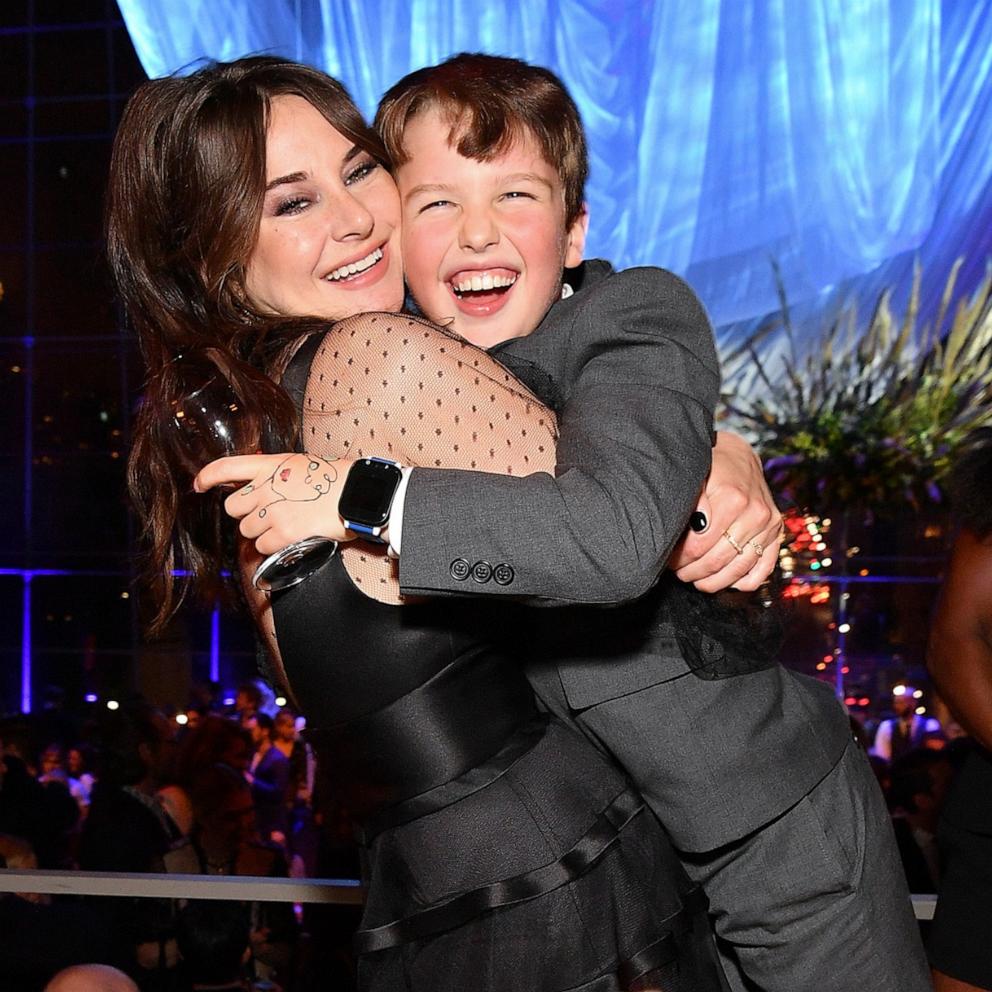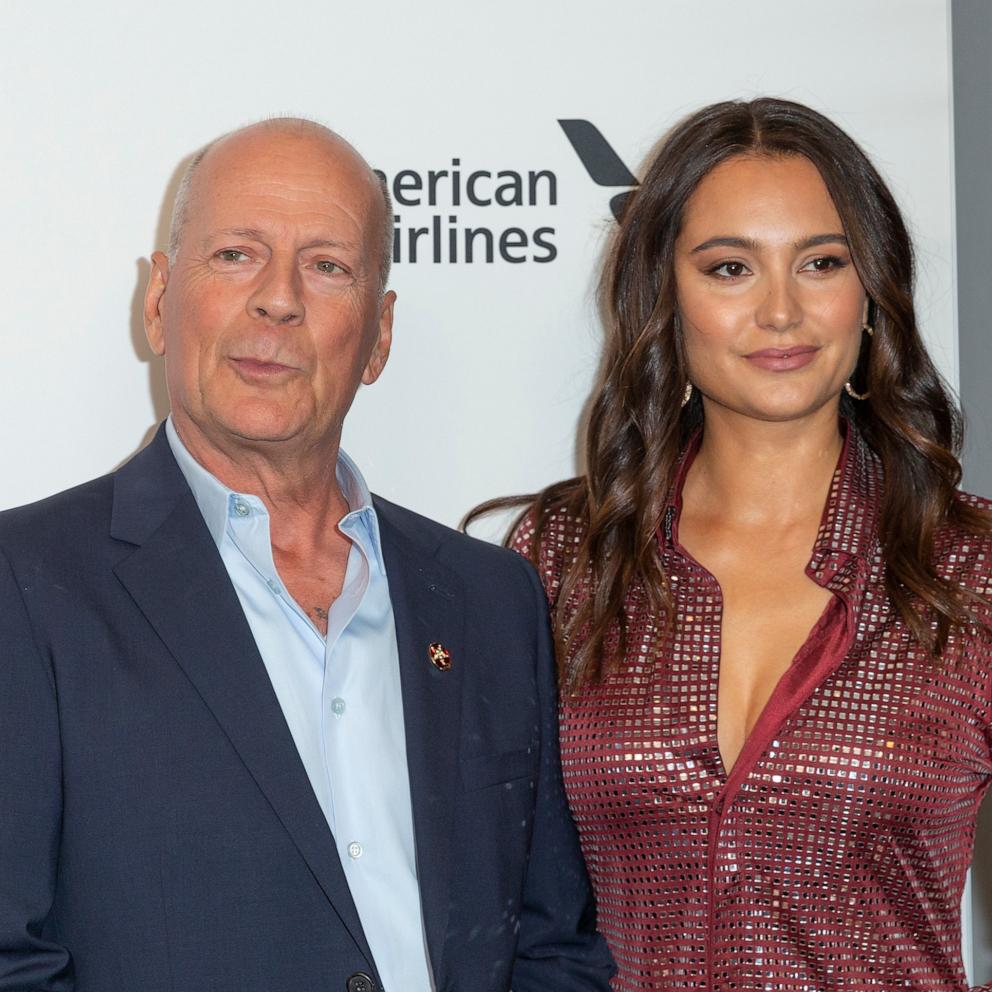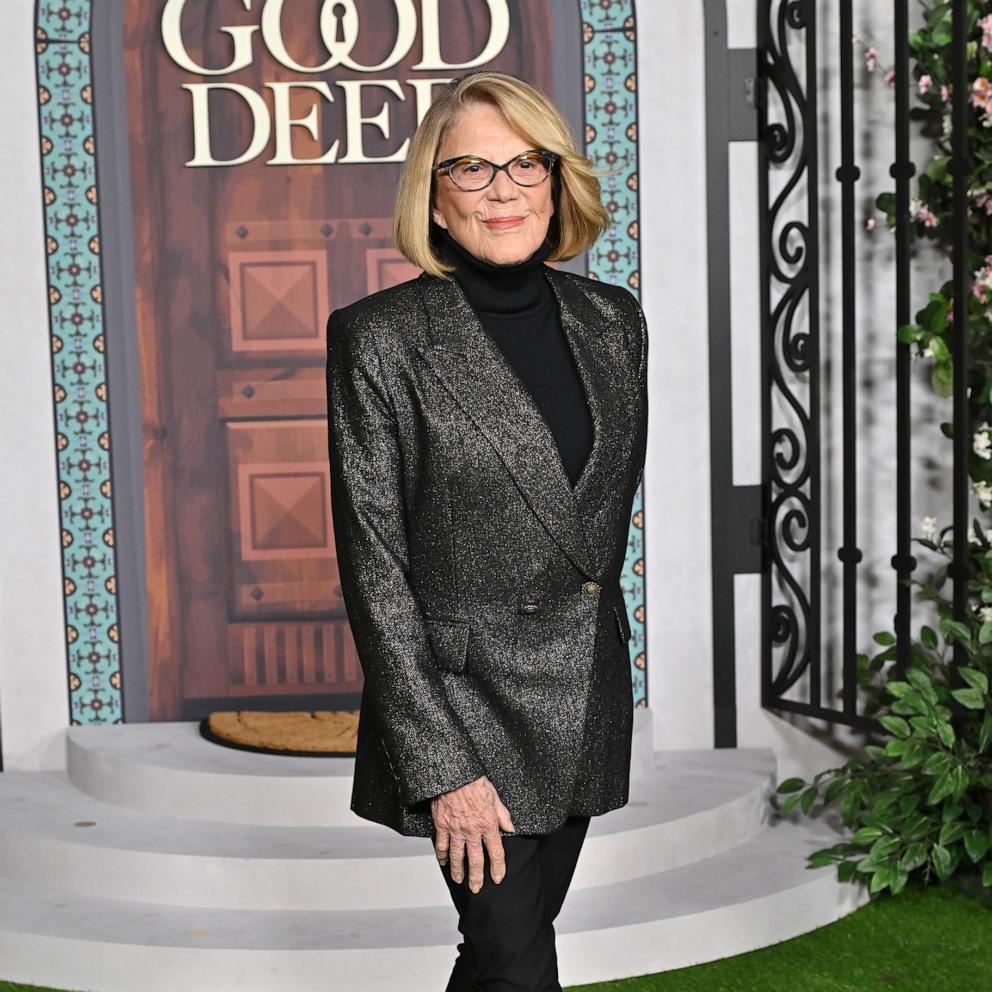2 generational greats on the culture of breaking
Tony Wesley, a pioneer known in the breakdancing -- or “breaking” -- community as “Mr. Wave,” never imagined that breaking would make it to the Olympics.
“It was unimaginable that it would go this far,” Wesley said. “It helped us clear our minds. It helped us gain positive thoughts and work real hard at something that we weren't used to working hard at And so for it to move all the way until the Olympics, all the way into this platform, to be recognized globally, it is a feat.”
To Wesley, breaking is a sport but it is, first and foremost, an artform.
Wesley got his start as a dancer in the ‘70’s, watching his idol, Michael Jackson, do the robot during a performance of the Jackson 5 hit song “Dancing Machine.” At the time, breaking was a new style of dance booming in New York City’s predominantly Black and Hispanic communities.
Growing up in New York City, Wesley remembers feeling the explosion of breaking culture.
“I was in a halfway house and I saw this kid named Monroe, and he was doing the robot… brought up those old feelings of Michael Jackson,” he said.
As a pioneer, Wesley didn’t have any breaking idols. Soon, however, the sport will appear on the Olympic stage for the first time at the Paris 2024 games. Wesley sees this visibility as a growth tool for the youth, one that wasn’t available when he started breaking as a teen.
Back then, Wesley moved out of the group home as a teenager and moved in with his aunt in the Bronx. He remembers feeling the culture grow even more then.
“Webster Projects was a very, very dangerous projects … but when they played the music and they brought out their speakers, it was just calm. Everybody was drawn to the music,” he said.
Decades later, Wesley and his crew, the New York City Breakers, have become legendary to the new generation of breakers -- many of whom are looking to snag a spot on Team USA for the upcoming Olympics.
Jeffrey “Jeffro” Louis, from Houston, Texas, is one of the hopeful B-boys competing to qualify for one of the spots on Team USA in the 2024 Olympic breaking competition. 16 B-Boys and 16 B-Girls from all over the world will go for the gold at the Games in August. The Olympics breaking competition sold out all sessions in under two hours.
“Olympics was never on my mind when I started breaking. I started breaking just for the love of it and the freedom of movement and just that, that freedom, that freedom to just express yourself through movement and dance and that's what got me in it. And that's what kind of kept me in it too,” Louis said.

He teaches breaking workshops at detention centers, after school programs and offers free classes at a public park.
“These kids they really attach themselves to and they love it because it's something that you don't have to have money to do. All you need is a floor,” Louis said.
Louis sees breaking as a sport with a lot of culture involved and believes breakers have a due diligence to understand its history. He says he himself had little knowledge of breaking's history until he was introduced to its rich past by school teachers.
"My heroes are my teachers that taught me breaking, from my middle school teacher to my high school teachers to my crewmates - everybody that I've been around. Those are my heroes," says Louis.
Now the 29-year-old aspiring Olympian hopes to pass on his love for the sport to the next generation.
"In breaking, we have a motto that's called each one, teach one," says Louis. "So what was given to me, I'm giving back to others and hopefully they give it back to the next."




